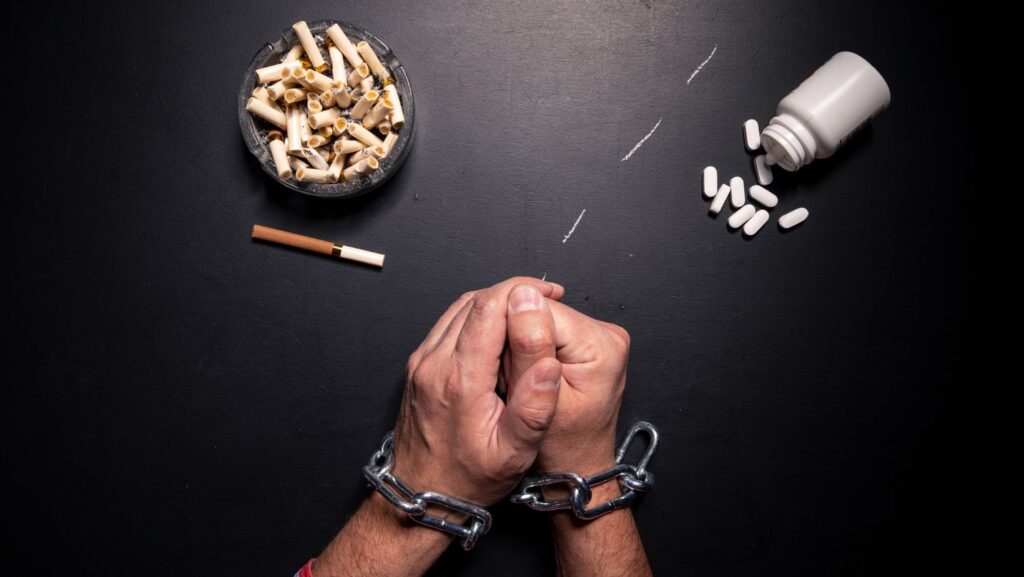
Is Addiction Recovery Possible Without Hitting Rock Bottom?
For decades, the idea of hitting rock bottom has dominated addiction recovery narratives. The notion that someone has to lose everything—their career, their relationships, their health—before they can get better is outdated. High-performing individuals, especially those in demanding business roles, don’t fit neatly into that story. Many are functioning while silently battling addiction, wearing their success as a disguise. But here’s the truth: You don’t have to let it all fall apart to turn things around. Recovery doesn’t demand failure; it requires action, perspective, and a willingness to shift priorities.
Let’s unpack what recovery looks like when you’re still at the top of your game, starting with why the traditional model needs to change.
Why High Achievers Hide in Plain Sight
When your life revolves around boardrooms, deadlines, and deal-making, it’s easy to convince yourself that everything’s fine. You’re hitting your targets, managing teams, and navigating complex projects, so how could there be a problem? The reality is addiction thrives in environments where high stress and success coexist.
Substances or behaviors used to “take the edge off” can quickly spiral, but admitting this is tricky when your identity is tied to your achievements. The stigma of addiction within professional circles doesn’t help either. Many executives fear that asking for help will tarnish their reputation or weaken their authority. That’s why the first step toward recovery for high-powered individuals isn’t hitting rock bottom—it’s redefining strength.
Recognizing the problem early doesn’t make you weak. It means you’re smart enough to know the cost of ignoring it could outweigh any short-term benefit.
The Role of Family in Addiction Treatment
Work might be the epicenter of your life, but family often bears the weight of addiction’s ripple effects. They’re the ones who see behind the curtain—the late nights, the erratic behavior, the moments when you’re not fully present.

This dynamic makes their involvement in recovery essential, not optional. Family isn’t there just to hold you accountable; they provide the stability and emotional grounding that recovery requires. That doesn’t mean leaning on them like a crutch. It means having open, sometimes uncomfortable, conversations about how addiction impacts everyone. Professional success might have taught you how to control the narrative, but recovery demands transparency.
Incorporating family into treatment, whether through therapy sessions or informal check-ins, creates a support system that goes beyond coworkers and colleagues. It’s a reminder that recovery isn’t just about regaining control over your addiction—it’s about repairing and strengthening the connections that make life meaningful.
Choosing the Right Type of Recovery
No two recovery paths are the same, and for high-powered professionals, flexibility is everything. This is where the one-size-fits-all approach to treatment falls apart. Whether that’s outpatient rehab in SLC, inpatient in D.C., or anything in between, you have to find a program that not only addresses the addiction itself but also fits into your world without dismantling it.
The best programs for people in your position are those that understand the nuances of addiction among professionals. They balance confidentiality with accessibility, offering tailored solutions that don’t compromise your role in the workplace. That might mean virtual therapy sessions during lunch breaks, executive-only support groups, or discreet inpatient stays that let you keep one foot in the professional sphere.
Recovery doesn’t have to mean stepping away from everything you’ve built—it’s about creating space for what you want to rebuild. And that distinction can make all the difference in how you approach treatment.
Why You Can’t Outwork Addiction
The hustle culture that dominates the business world glorifies grinding through adversity, but addiction isn’t something you can outwork. It’s not a competitor to beat or a problem to out-strategize. Treating it like another task on your to-do list is a recipe for burnout, not recovery.
High achievers often fall into the trap of thinking they can power through addiction the same way they handle professional challenges. They focus on the surface—the meetings they didn’t miss, the deals they still closed—without addressing the deeper issue. But recovery isn’t about showing up for work every day; it’s about showing up for yourself.
Letting go of that “work harder” mentality and leaning into professional help might feel counterintuitive, but it’s the only way to truly move forward. Success in recovery, just like in business, requires a strategy. The difference is, this time, you’re the investment.
Recovery Is a Power Move
Acknowledging addiction isn’t a sign of weakness. It’s a power move. High-performing individuals know the value of making tough decisions and pivoting when the stakes are high. Recovery is no different. It’s not about abandoning your ambition or walking away from the life you’ve built. It’s about ensuring that life is sustainable, fulfilling, and worth living.
This isn’t a game of sacrifice. It’s about reclaiming control, both professionally and personally, and creating a version of success that doesn’t come with a hidden cost. Whether you’re just beginning to see the cracks or you’re deep in the struggle, know this: Recovery is always within reach, and you don’t have to hit rock bottom to find it.
Making Recovery Work for You
Addiction doesn’t care about your resume, your income, or your title. But recovery? That’s yours to define. The business world may have taught you how to stay in control, but recovery will teach you something far more valuable—how to let go of the things that don’t serve you and embrace the things that do.
If you’ve been waiting for a sign to take that first step, consider this. The road to recovery doesn’t start with losing everything. It starts with deciding you’re worth saving.






